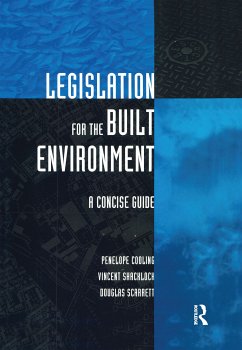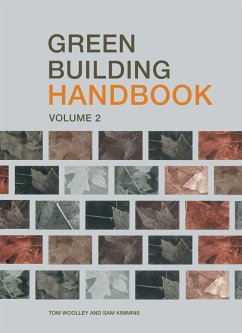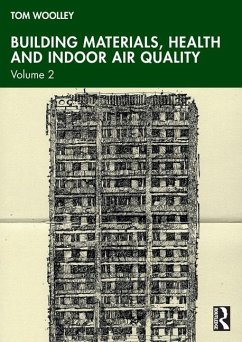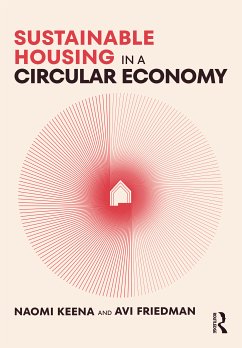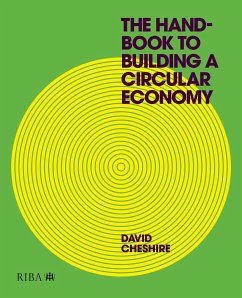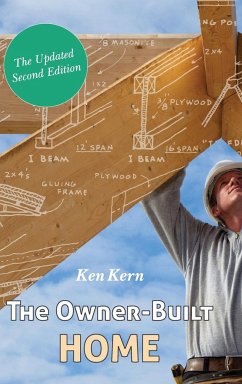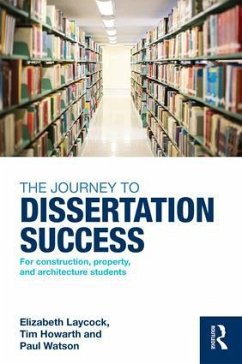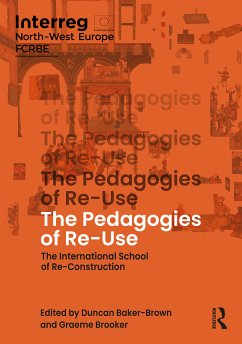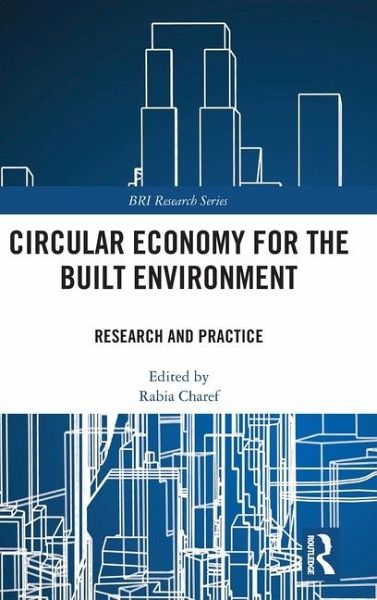
Circular Economy for the Built Environment
Research and Practice
Herausgeber: Charef, Rabia
Versandkostenfrei!
Versandfertig in 1-2 Wochen
181,99 €
inkl. MwSt.
Weitere Ausgaben:

PAYBACK Punkte
91 °P sammeln!
This provides an overview of the circular economy in the built environment, presenting a fusion of insights from researchers and practitioners. Chapters cover pivotal themes, including the transformative concept of buildings as material banks, innovative design approaches, and the potential of digitalization for a circular built environment.





